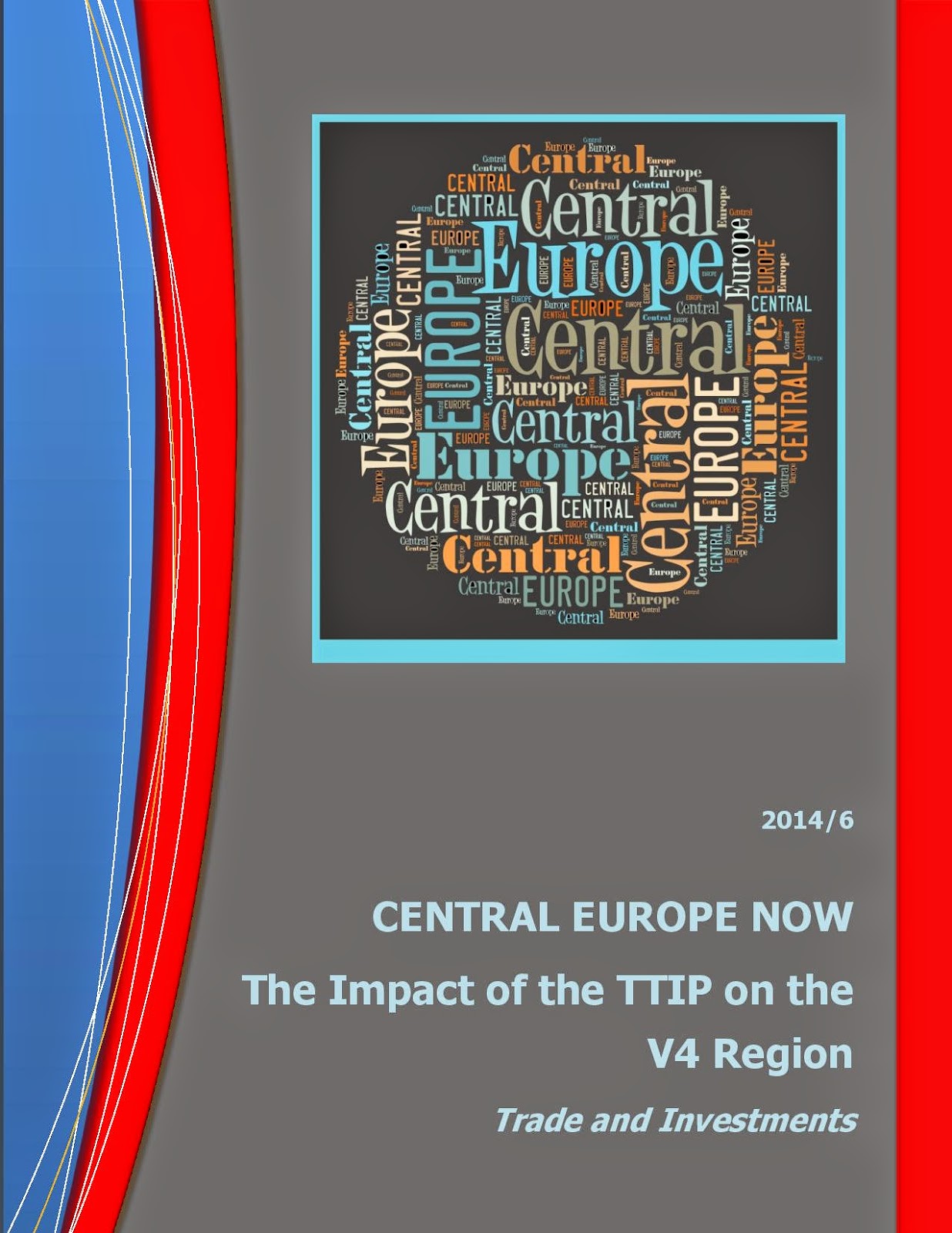None of
the impact assessments is capable of fully forecasting the implications of the TTIP, and
even less able to anticipate unexpected political and economic changes, not to
mention the unpredictability in the reactions of third countries. The case of
the EU internal market – and experiences of other FTAs (Free Trade Agreements)
– prove that less developed countries may lose with the liberalization and the
opening up of markets. The case of Greece and other southern countries of the
EU clearly prove that problems with free-trade agreements and other integration
initiatives can be numerous. Less developed countries of the European Union, or
those that are not competitive enough, might not gain as much as forecasted;
what is more, the risk of losing in international trade is not negligible. Despite the
remarkable growth performance in international comparison and the major
advances in catching up with developed countries in the last two decades, the
peripheral/semi-peripheral position of the V4 region has not changed
significantly. The way a country in the CEE region integrates into the
international economy is crucial from the perspective of its economic
development path. From the point of view of the international division of
labor, the region itself became the supplier of foreign-owned manufacturing
firms, most importantly in the automotive and closely related sectors while
preserving traditional elements and old social structures. The very large exposure of the vehicle
industry in the region’s exports may normally be very risky. Given that the
TTIP's most beneficial trade impacts will probably be felt in this sector, export
dependence this time may lead to increased industrial output or exports, thus
contributing to faster economic growth. Most importantly, the positive impact
on German vehicle imports is likely to propel the region’s production of parts
and components as well. (Click on the picture!)

No comments:
Post a Comment